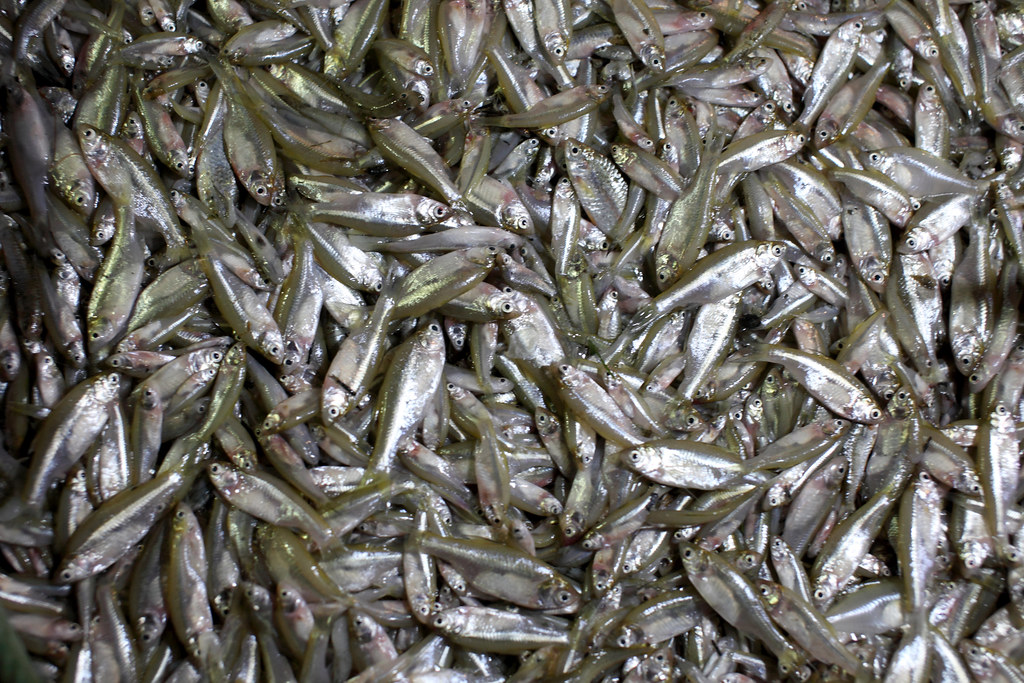 |
| Fish |
In a bid to enhance opportunities and
productivity in the fisheries industry, various groups in the sector have
united to become an Amalgamated Association
of Fish Farmers and Aquaculture of Nigeria, said the chairman of the new body,
Hon. Hussaini Abdullahi Roha .
Hon. Roha explained that the
merger becomes necessary for the better development
of members saying it would enhance opportunities for everyone involved in
sector, stressed that with the
similar challenges and opportunities shared by the different
associations, then coming together becomes inevitable in order to chat a way
forward.
He noted a big potential of the country in
fisheries saying “Nigeria with a land area of 923,768 km2, a
continental shelf area of 47,934 km2 and a coast line of 853 km
cum vast network of inland waters like rivers, flood plains, natural and man-made
lakes and reservoirs as found in sub Saharan Africa is endowed with substantial
marine and inland fisheries resources as an industry with viable economic opportunities
yet to be harnessed”
On artisan fishery, the chairman disclosed it
was doing production of about 150,000 metric
tons before dropping sharply to about 60,000 metric tons, but added it has
started experiencing increased fluctuation between 100,000 and 200,000 metric
tons between 1996 and 2006 with another noticeable increase to 240,000mt in
2007.
According to him “aquaculture
which is fast developing in recent times as it maintains a relatively steady
rate of less than 50,000 metric tons from 1983 up to 2003” added that “the
rapid growth in the aquaculture sub-sector in the last decade has led to a
geometric increase in production from less than 50,000 metric tons to more than
100,000 metric tons between 2004 and 2010.”
He further described fish farming as one of
the fastest growing agricultural enterprises in Nigeria and its contribution to
the Gross Domestic Product was huge with significant impact on the nation’s
economy in terms of employment generation, poverty alleviation, foreign
exchange earnings and provision of raw materials for the animal feeds industry.
He noted that the inland
water mass estimated at about 12.5 million hectares of inland waters was
capable of producing 512,000 metric tons of fish annually as he pointed also
that the country remains one of the largest consumers of fish with demand estimates
at 1.4 million metric tons per annual thereby urging government “ at all
levels to do more to grow the industry using the unification of Amalgamated
Association of Fish Farmers & Aquaculture of Nigeria to harness the
limitless opportunities in the fish subsector”
Fish production in Nigeria
comes from three sources; artisanal (inland rivers, lakes, costal and brackish
water), aquaculture (fish farms) and industrial fishing. However, the vast
majority of the fish supply in most cases comes from the artisanal sub-sector.
Fish production in Nigeria has not been consistent in all the sources. Total
domestic fish production in Nigeria ranges between 242,525 and 615,507 metric
tons from 1981-2007 and has not been consistent.
Domestic fish production of
about 500,000 metric tons is supplied by artisanal fishers (85%), despite over
fishing in many water bodies across the country. Fish production in Nigeria has
not been consistent in all the sources. Total domestic fish production in
Nigeria ranges between 242,525 and 615,507 metric tons from 1981 to 2007 and
has not been consistent. Despite this considerably high potentials, local fish
production has failed to meet the country’s domestic demand .The fish industry
remains the most virgin investment in Nigeria compared with the importation of
frozen fish in the domestic market.










No comments:
Post a Comment